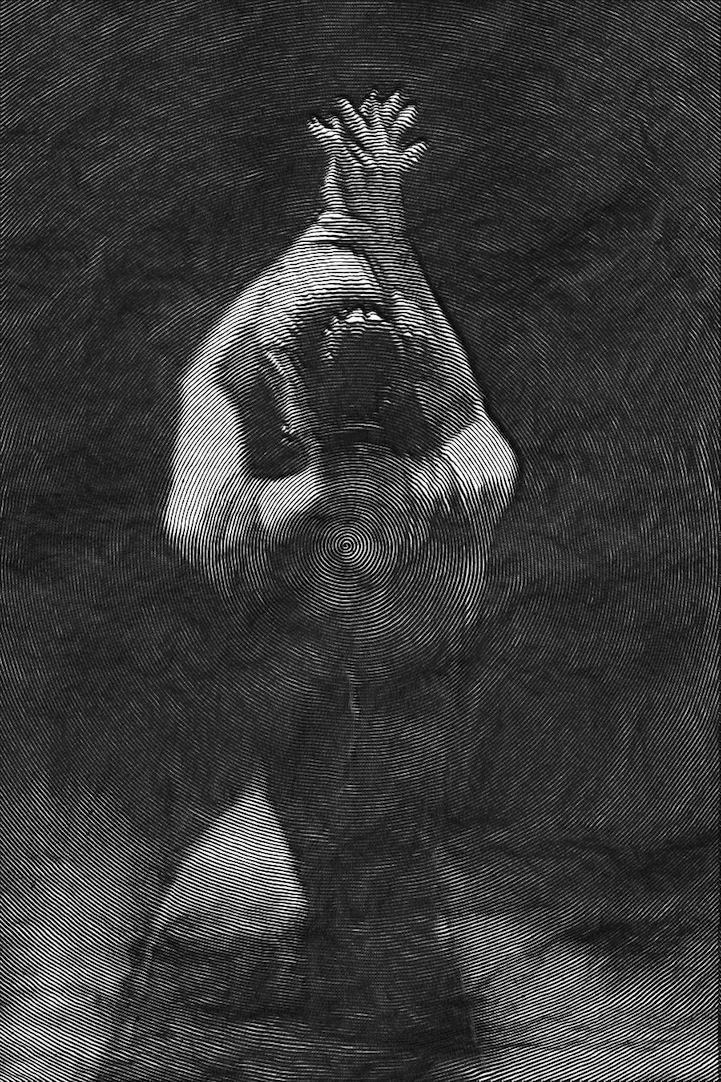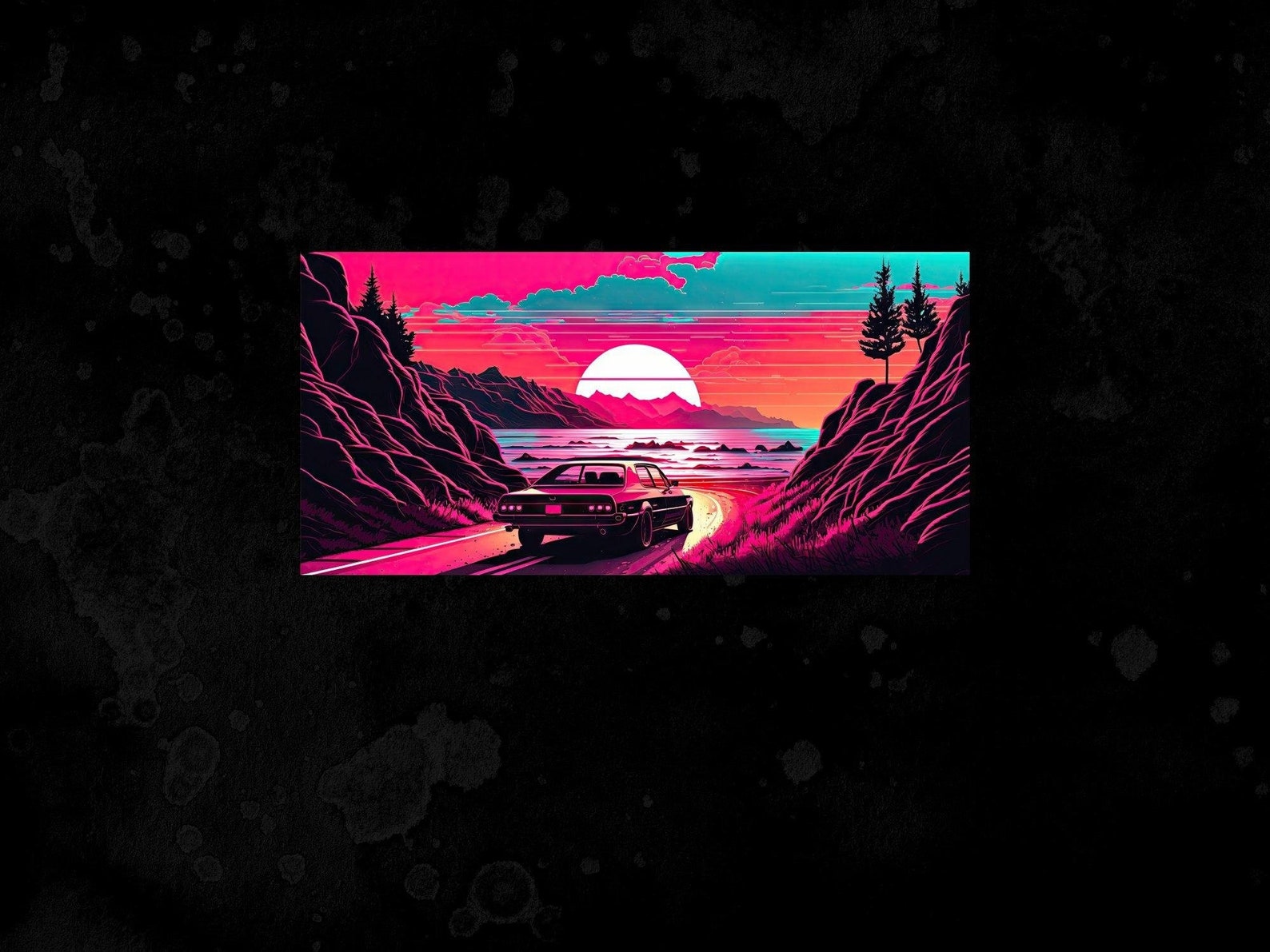3 Tools to Keep Track of Your (Sustainable) Indie Fashion Business
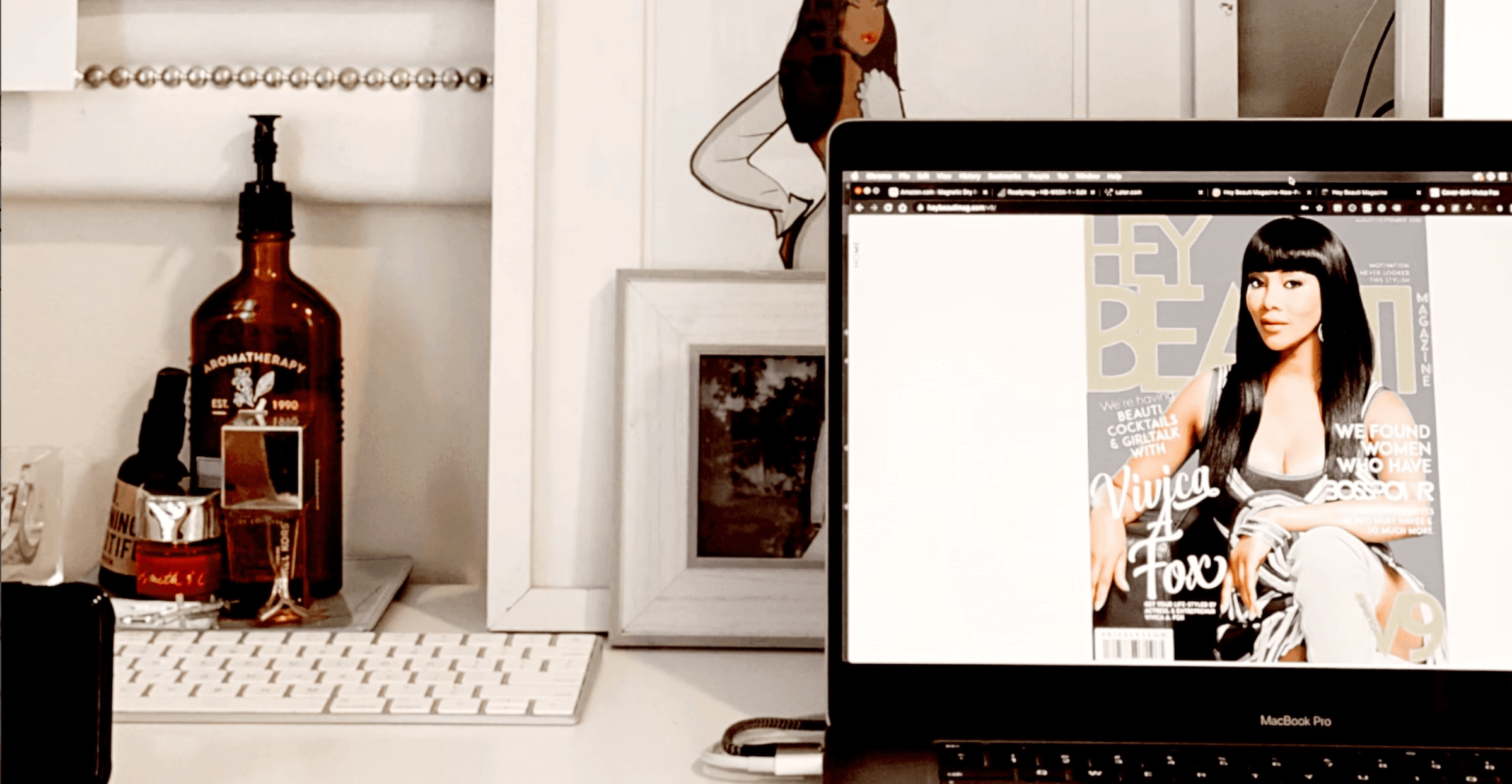
Dressing people sustainably is an increasingly important goal for independent companies in the fashion industry. There are business tools that can help you respond to changing consumer preferences.
Some tools can be programmed, others are specifically tailored towards sustainable fashion and allow you to not only monitor fashion inventory but also reuse and recycle your materials.
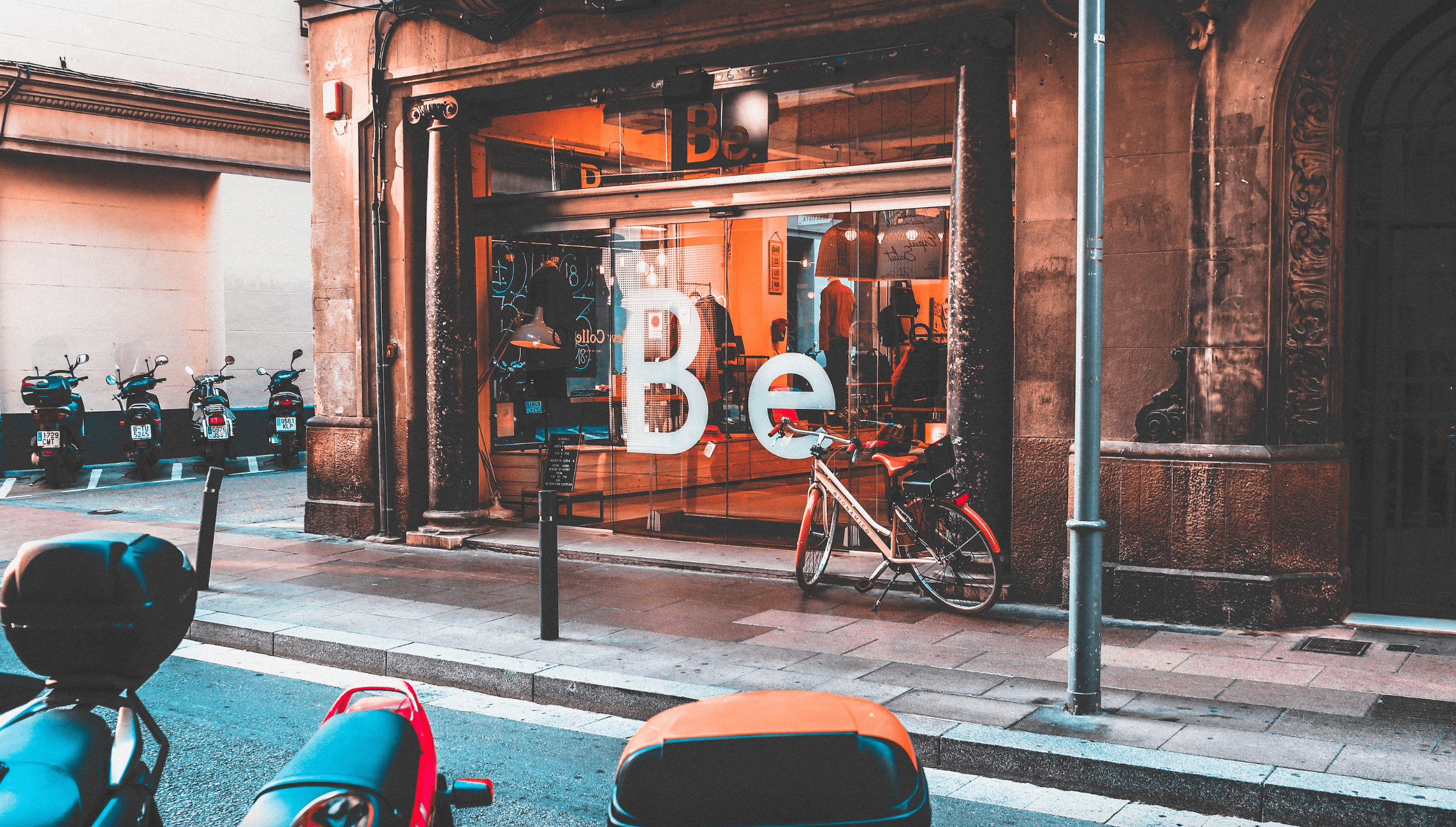
As an independent fashion vendor, it is important to be aware of the changing consumer preferences and how to dress people in a sustainable way.
One way to do this is by using business tools that can help you monitor your inventory and recycle materials.
1. Inventory tracking tool
Inventory tracking is something that every fashion vendor needs.
Your mileage my vary, though. If you are a vendor on Etsy and nowhere else, you won’t have that much volume and will probably be fine with a simple tool.
A spreadsheet with a clothing inventory template will be good enough for you. A larger vendor who works with several marketplaces will probably need a more advanced solution geared towards their own location - ERP software Australia is a good example.
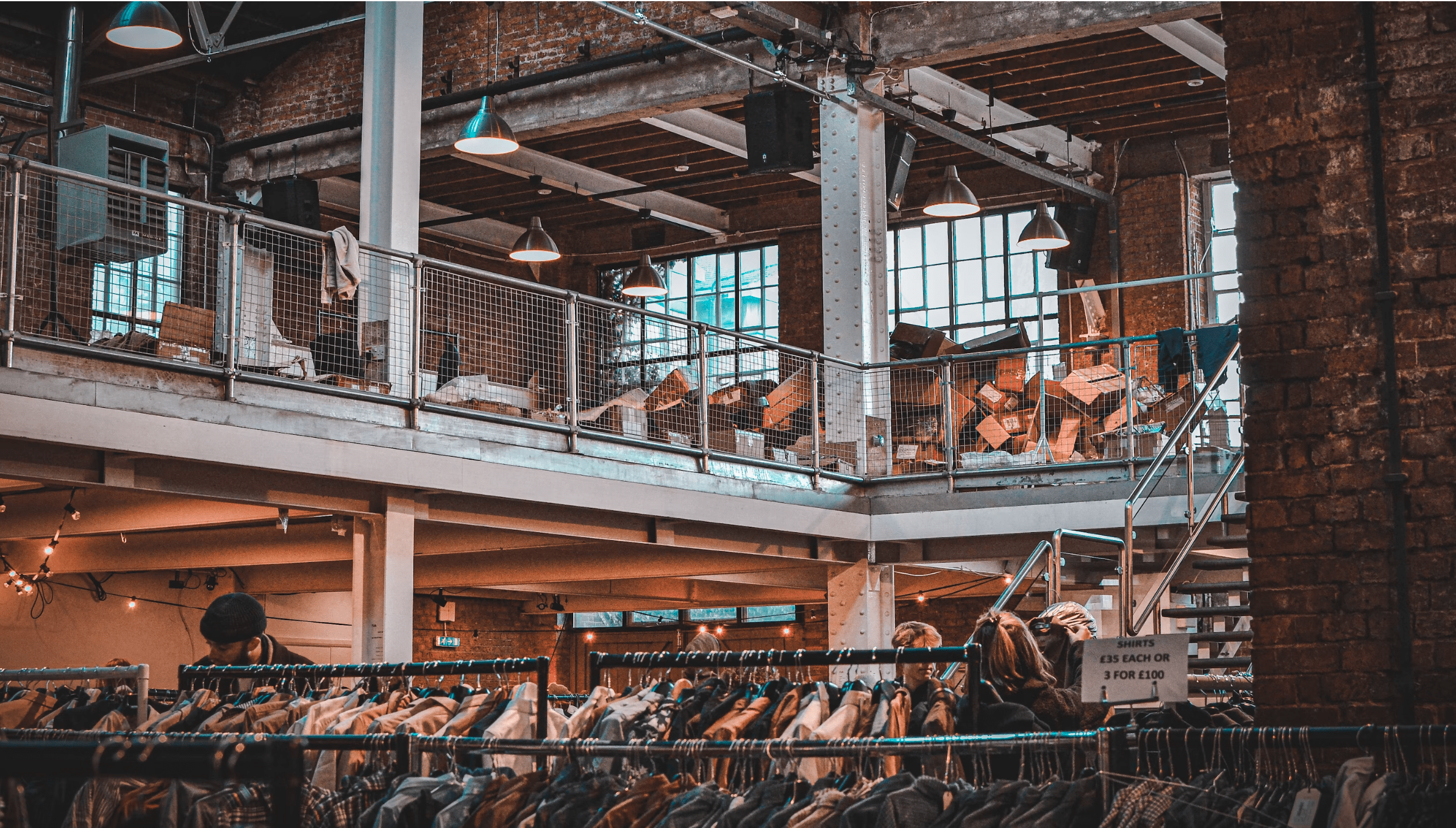
Any inventory tracking system is a tool that helps businesses keep track of what they have in stock, how much of it is scheduled to ship soon and where it is located. This is important for fashion designers because it allows them to keep track of what designs they have available, what items sell fast and will need restock, and so what materials need to be ordered to manufacture more. It also helps them plan for future productions and make sure they are not overstocking or understocking any materials.
There are a number of different inventory tracking systems available on the market, and each one has its own strengths and weaknesses. It is important for fashion designers to find one that fits their specific needs and helps them achieve their goals.
2. System to track material use and recycling
Sustainability is an important goal for the fashion industry as a whole, and more and more independent companies are beginning to see the importance of dressing people in a sustainable way. One of the main tools that these businesses use to help them achieve this goal is a good ERP.
An ERP, or Enterprise Resource Planning software, is a program that helps businesses manage their resources. There are a number of different ERPs available on the market, and some of them have been specifically tailored towards sustainable fashion. These programs allow businesses to not only monitor their fashion inventory but also recycle and reuse their materials. This is an important step towards achieving sustainability in the fashion industry.
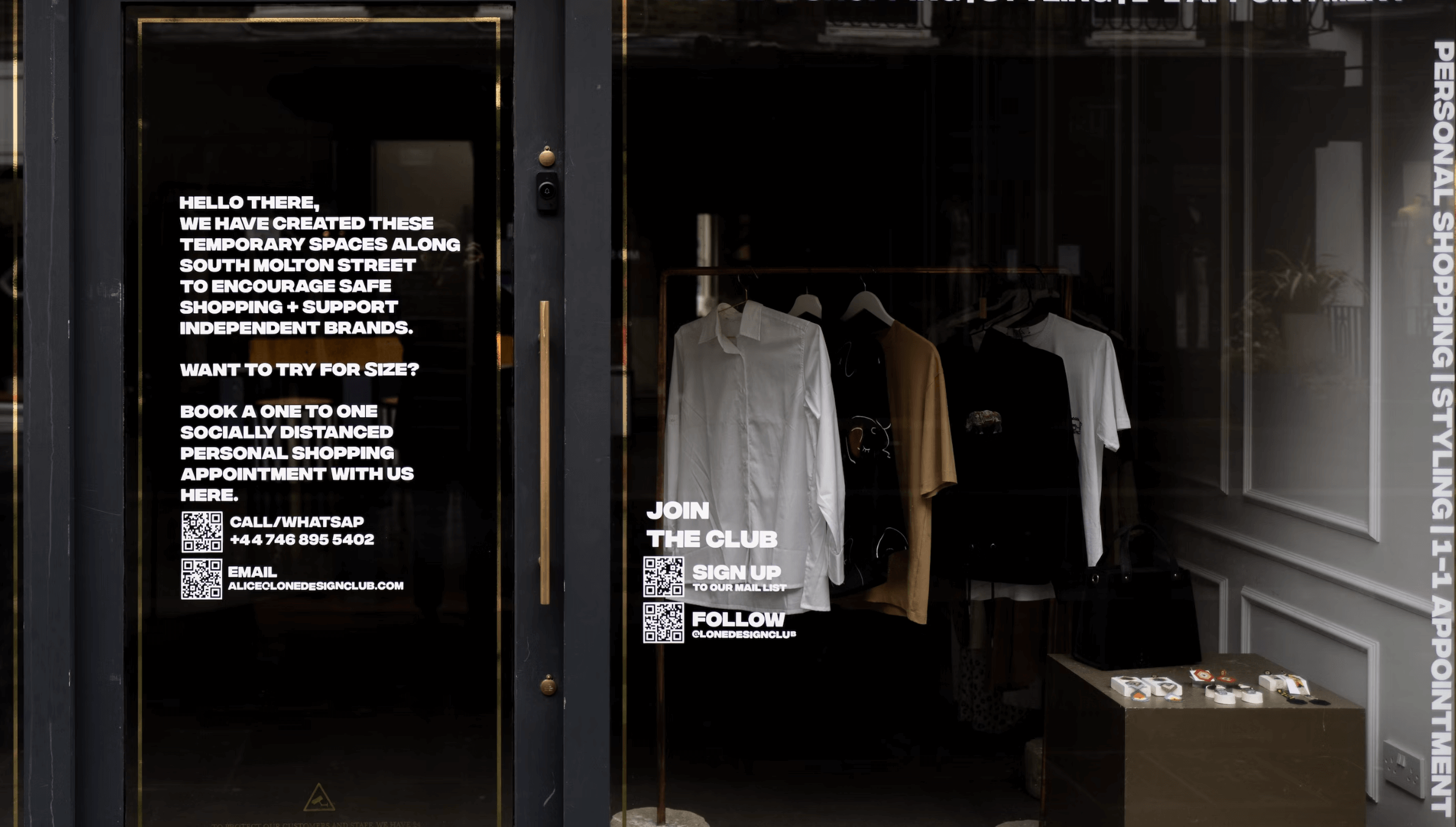
Let’s look at ERP systems Australia for an illustration: They are geared towards the Australian industry, which by the way has never been more competitive. It is important for indie businesses to choose their resource planning software well so that they can compete on that market.
3. Social media management and e-shop
E-commerce solutions used to be the costliest and most important part of every vendor’s online presence. Those days are long gone, online stores created on Wix or Shopify perform just as well as custom made stores - Karla Deras is a proof of that.
Social media, on the other hand, is becoming an increasingly more powerful tool for fashion businesses of all sizes.
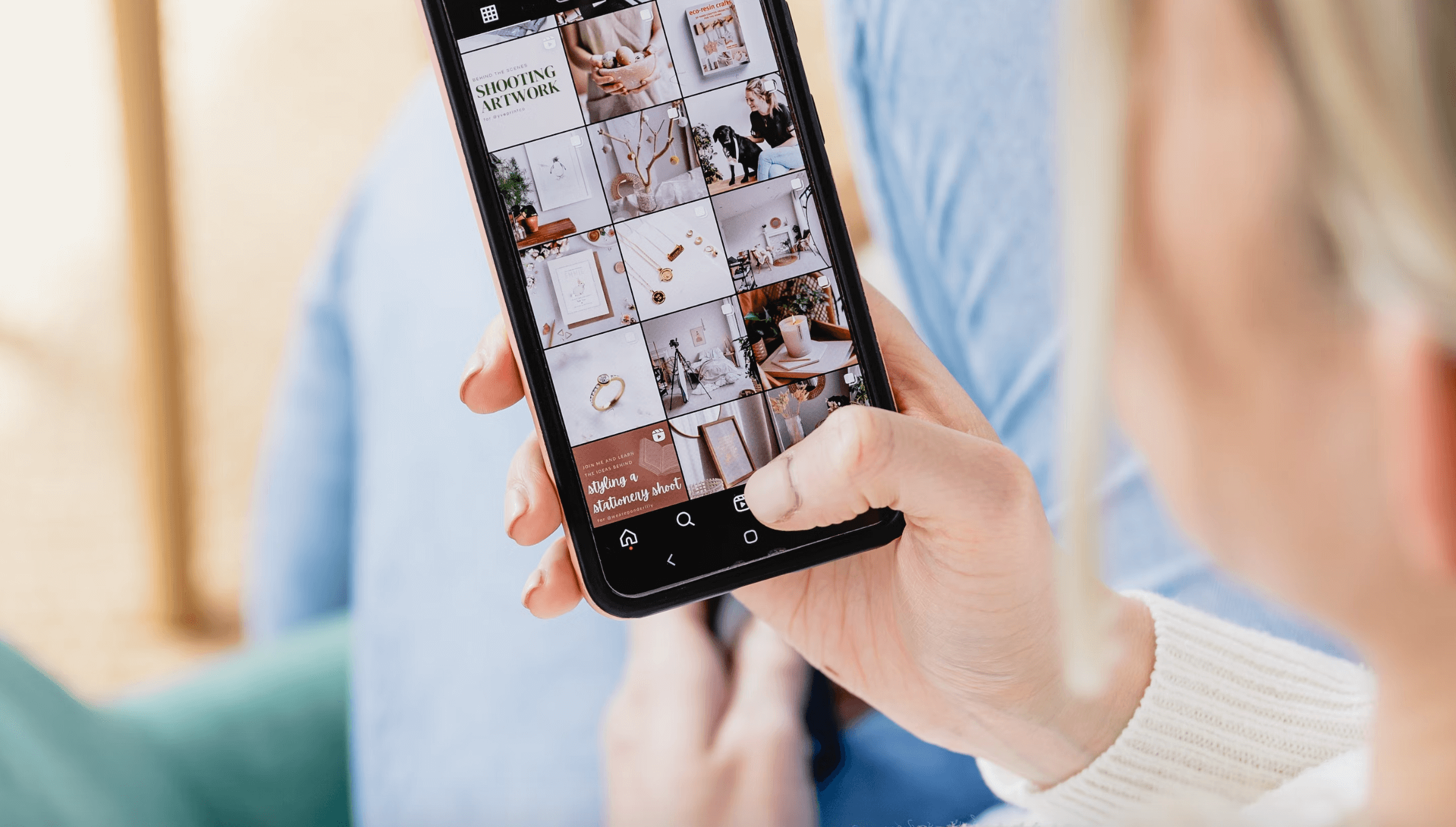
It allows businesses to connect with their customers and share their latest products and designs. Social media also allows businesses to build relationships with their customers and create a community around their brand. This is important for fashion designers because it helps them create a following for their brand and generate buzz around their products.
More specifically, Instagram became an irreplaceable marketing tool for indie creators. It allows you to reach a large number of people quickly and inexpensively. Fashion designers can use social media to drive traffic to their online store, but also just as a PR. Get your name out there - thanks to social media it costs nothing.
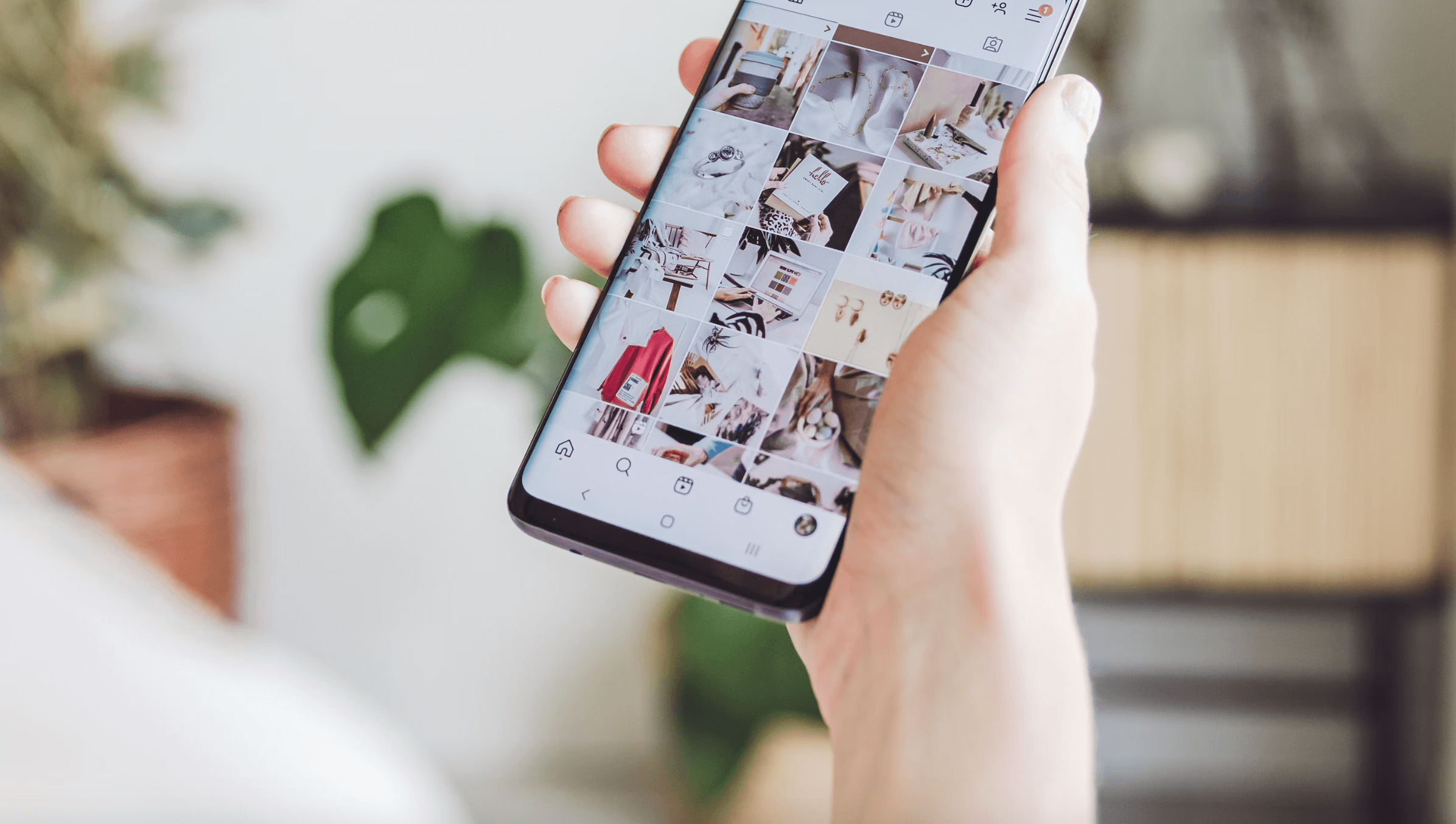
The fashion industry is slowly but surely transitioning to a more sustainable model. ERPs can help you respond quickly enough when consumers change their preferences, and some even have programming options so that they’re tailored towards environmentally friendly practices like recycling or reusing materials instead of throwing them away!
Disclaimer: Please support the artist. Any artworks displayed on this page are shown in good faith with the goal to promote the work of the artist. HD versions are available for sale via the respective artists' platforms.


